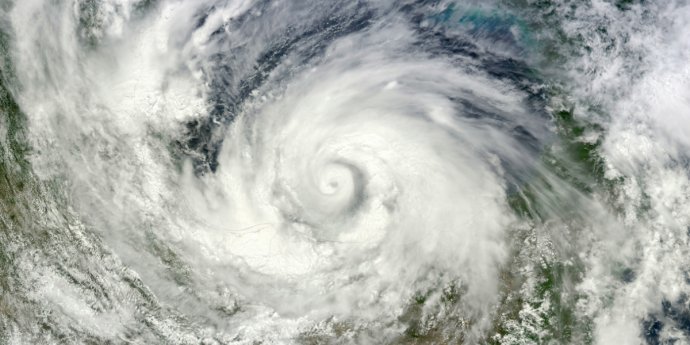Dentons
Health and safety reforms: a legal perspective
Whether the changes reduce the confusion, uncertainty and cost associated with compliance remains to be seen.
Compounding effects of climate change and pollution highlight the need for a broad-based approach to risk governance.

The latest Global Risks Report from the World Economic Forum highlights a critical shift in the severity and perception of climate-related and environmental risks. Despite being historically classified as non-financial risks, they are increasingly recognised as having profound economic consequences, both at the global and domestic levels.
Environmental risks have not only become more frequent and severe but also more interconnected with societal and economic risks, posing significant challenges for decision-makers and directors.
Since the report’s inception in 2006, environmental concerns such as extreme weather events, critical changes to Earth systems, natural resource shortages, pollution and biodiversity loss have ascended in the risk rankings.
Notably, extreme weather events continue to be ranked as the most critical long-term risk, reflecting escalating climate-driven disruptions globally. Over the past decade, the financial impact of such events has grown, with costs inflating by approximately 77 per cent when adjusted for inflation.
Interestingly, many risks that were predicted to materialise over a 10-year horizon remain firmly on the same horizon, despite significant exacerbation in their frequency and severity.
For example, biodiversity loss and ecosystem collapse have jumped from a lower rank in prior years to the second-highest long-term concern in 2025. Similarly, pollution and resource shortages remain persistent threats.
Pollution, in particular, has become a multidimensional threat affecting human health, ecosystems and economic stability. The report underscores that without decisive action, pollution and its related health impacts could undermine the resilience of economies and societies by 2035.
The compounding effects of climate change and pollution highlight the need for a broad-based, multi-stakeholder approach to risk governance.
Directors are urged to broaden their scope beyond immediate financial risks to include systemic environmental risks, which, if left unaddressed, could trigger cascading crises across industries and markets.
Coordinated global efforts and robust corporate transition strategies will be key to mitigating these long-term risks.